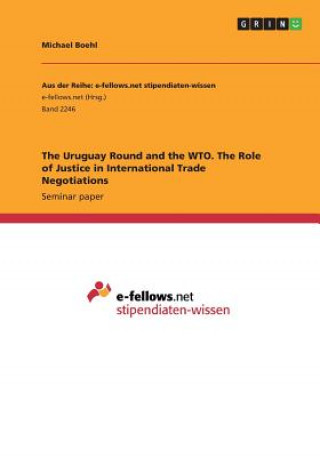
Kód: 15867882
The Uruguay Round and the WTO. The Role of Justice in International Trade Negotiations
Autor Michael Boehl
Seminar paper from the year 2005 in the subject Politics - International Politics - Topic: International Organisations, grade: 1.7, University of Tubingen (Institut fuer Politikwissenschaft), course: International Relations (Semin ... celý popis
- Jazyk:
 Angličtina
Angličtina - Vazba: Brožovaná
- Počet stran: 20
Nakladatelství: Grin Publishing, 2017
- Více informací o knize

Mohlo by se vám také líbit
-

Needs Analysis for an ESP Course Design
1577 Kč -
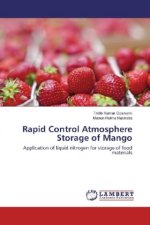
Rapid Control Atmosphere Storage of Mango
1837 Kč -

The Good Skin Solution
424 Kč -

Back to Life, Back to Reality
765 Kč -

How to Write Anything - A Complete Guide
671 Kč -

Reclaiming the Common Good
648 Kč -
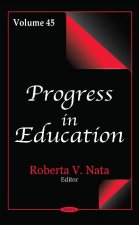
Progress in Education
8955 Kč -
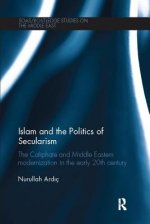
Islam and the Politics of Secularism
1761 Kč -

Notions d'Etat Civil Pratique, Utiles A Tout Le Monde Et Surtout Aux Personnes Mariees.
426 Kč -
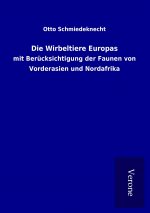
Die Wirbeltiere Europas
1525 Kč -
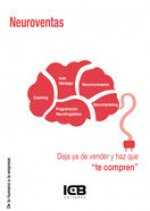
Manual Neuroventas
675 Kč -
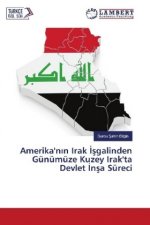
Amerika'n n Irak sgalinden Günümüze Kuzey Irak'ta Devlet nsa Süreci
1837 Kč -

Visuelle Wahrnehmungsübungen. Bd.1
396 Kč -

Abhandlungen der koeniglichen Gesellschaft der Wissenschaften in Goettingen
1254 Kč
Dárkový poukaz: Radost zaručena
- Darujte poukaz v libovolné hodnotě a my se postaráme o zbytek.
- Poukaz se vztahuje na celou naši nabídku.
- Elektronický poukaz vytisknete z e-mailu a můžete ihned darovat.
- Platnost poukazu je 12 měsíců od data vystavení.
Více informací o knize The Uruguay Round and the WTO. The Role of Justice in International Trade Negotiations
Nákupem získáte 104 bodů
 Anotace knihy
Anotace knihy
Seminar paper from the year 2005 in the subject Politics - International Politics - Topic: International Organisations, grade: 1.7, University of Tubingen (Institut fuer Politikwissenschaft), course: International Relations (Seminar), language: English, abstract: This essay's general interest is in whether international trade institutions comply with a sense of justice. Concretely speaking, it is to be analysed whether the outcome of a specific international trade negotiation, namely the Uruguay Round, which lasted from 1983 to 1994, is to be judged as "just" or "unjust". Fulfilling this task, this essay at first displays a concept to define the very abstract term of justice. The regarded definition will be mainly according to Cecilia Albin. The second part of this essay provides a summary of main features of the Uruguay Round's final act, the Agreement on Agriculture (AoA) and the Agreement on Trade-Related Aspects of Intellectual Property Rights (TRIPS). Although other sections of the agreement are highly interesting, too, these two fields prove to be extraordinarily useful for this paper's purpose. Nevertheless it is the my intention to point on other issues of interest for instance labour standards or the further development since 1994 in this essay where it seems helpful and possible. The chapter summarizing the Uruguay Round's outcome is mainly based on World Trade Organisation (WTO) sources, to insure that no subliminal judgement is included or at least none already supporting the view of the later discussed criticism. The third section analyses the Uruguay Round's outcome concerning agriculture and intellectual property. The criticism is derived from economic authors like Dasgupta and Sander/Inotai and development orientated NGOs like OXFAM as well. In most cases the analysis is critical of the agreement, at the same time avoiding the word "justice". This gap shall be filled by the author's assessment of the criticism, judging it, and linking it explicitly to the question of justice. At the end of the essay I want to draw a conclusion about justice in the Uruguay Round agreement, also taking into consideration recent developments within the agreement of the WTO, and referring to the question raised at the beginning of this introduction about ethics and morality in IR.
 Parametry knihy
Parametry knihy
Zařazení knihy Knihy v angličtině Society & social sciences Politics & government
1042 Kč
- Plný název: The Uruguay Round and the WTO. The Role of Justice in International Trade Negotiations
- Autor: Michael Boehl
- Jazyk:
 Angličtina
Angličtina - Vazba: Brožovaná
- Počet stran: 20
- EAN: 9783668387973
- ISBN: 3668387974
- ID: 15867882
- Nakladatelství: Grin Publishing
- Hmotnost: 44 g
- Rozměry: 210 × 148 × 1 mm
- Rok vydání: 2017
Oblíbené z jiného soudku
-

Case Against the Sexual Revolution
392 Kč -

Wretched of the Earth
286 Kč -

The Trigger
586 Kč -
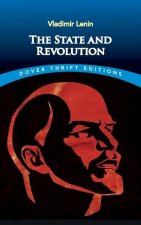
State and Revolution
117 Kč -

Accidental Superpower
455 Kč -
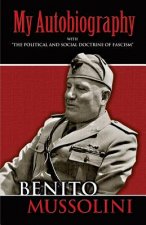
My Autobiography
306 Kč -

Fight Like A Girl
276 Kč -
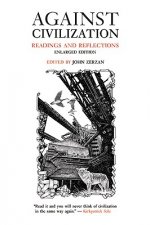
Against Civilization
389 Kč -

The Lords of Poverty: The Power, Prestige, and Corruption of the International Aid Business
324 Kč -
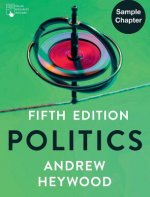
Politics
1301 Kč -

Cold and the Dark
482 Kč -
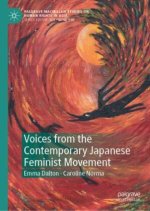
Voices from the Contemporary Japanese Feminist Movement
1343 Kč -
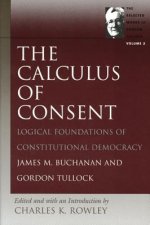
Calculus of Consent
403 Kč -

Mafia Monograph, Part 1 of 4
532 Kč -
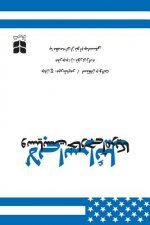
Israel Lobby and U. S. Foreign Policy
709 Kč -
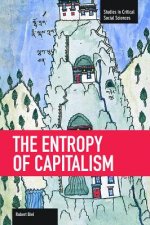
Entropy Of Capitalism
1124 Kč -

Harm Reduction or Harm Maintenance
781 Kč -

Red Petrograd
479 Kč -
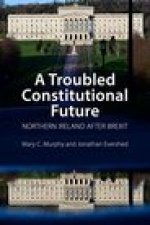
Troubled Constitutional Future
708 Kč -
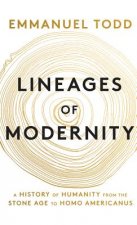
Lineages of Modernity - A History of Humanity from the Stone Age to Homo Americanus
1098 Kč -
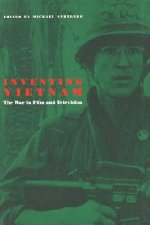
Inventing Vietnam
801 Kč -
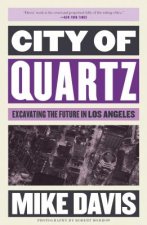
City of Quartz
399 Kč -

Flash Boys - A Wall Street Revolt
272 Kč -
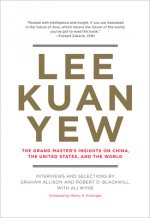
Lee Kuan Yew
500 Kč -
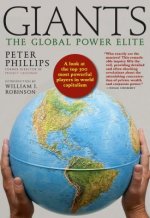
Giants
494 Kč -
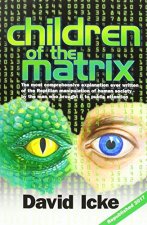
Children of the Matrix
454 Kč -

Queer Encounters with Communist Power
555 Kč -
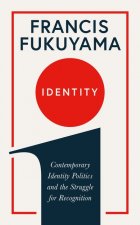
Identity
303 Kč -
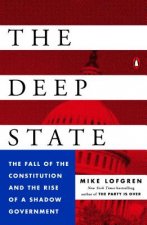
Deep State
387 Kč -
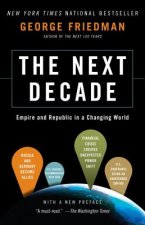
Next Decade
434 Kč -
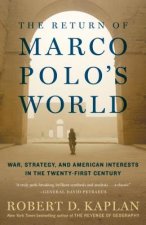
Return of Marco Polo's World
357 Kč -
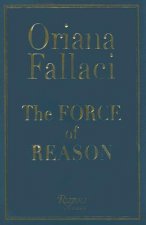
Force of Reason
493 Kč -

STRANGE DEATH OF EUROPE
473 Kč -
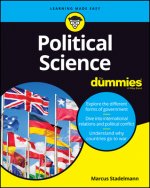
Political Science For Dummies
472 Kč -

Yoga of Eating
287 Kč -
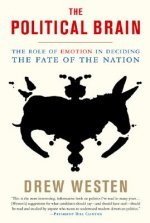
Political Brain
359 Kč -

GREEN BOOK
196 Kč -
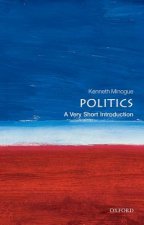
Politics: A Very Short Introduction
250 Kč -
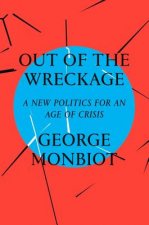
Out of the Wreckage
482 Kč -

No Turning Back
303 Kč -

Urban Warfare in the Twenty-First Century
673 Kč -

Trade Marketing, Category Management, and Shopper Marketing
2257 Kč -

Spirit of the Laws
623 Kč -

USAF Military Working Dog Program - Scholar's Choice Edition
725 Kč -

Psychology of Politics
555 Kč -
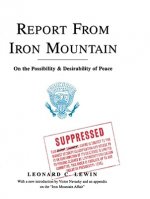
Report From Iron Mountain
366 Kč -

Lies My Teacher Told Me
561 Kč -
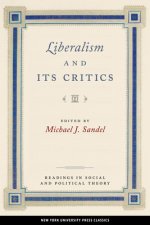
Liberalism and Its Critics
854 Kč -
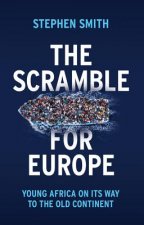
Scramble for Europe, Young Africa on its way to the Old Continent
446 Kč
Osobní odběr Praha, Brno a 12903 dalších
Copyright ©2008-24 nejlevnejsi-knihy.cz Všechna práva vyhrazenaSoukromíCookies



 Vrácení do měsíce
Vrácení do měsíce 571 999 099 (8-15.30h)
571 999 099 (8-15.30h)